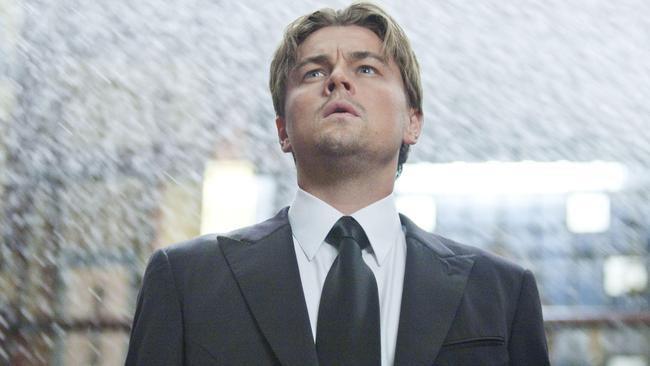Scientists may have solved the mystery that is deja vu
DEJA vu. We’ve all experienced that feeling of a moment within a moment. But now a new theory may explain what’s really happening.

DEJA vu. We’ve all experienced it: that overwhelming feeling of a moment within a moment — both familiar and foreign at the same time.
Up until this point the phenomenon has stumped humans and has borne a thousand theories. But at long last, scientists may have solved the mystery that is deja vu.
A team, lead by Researcher Akira O’Connor from the University of St Andrews in the UK, has found evidence that deja vu is a technique the brain uses to make sure memories are correct.
To test this, they read study volunteers a set of linked words: bed, pillow, night, duvet.
They deliberately left out the related word “sleep” and asked volunteers if they had heard a word beginning with the letter “s”. Participants replied they hadn’t.
Later they were asked whether they had heard the word “sleep.” Now they had remembered that they hadn’t, but at the same time the word seemed familiar as it was related to the previous words. In this way a sense of deja vu was simulated.
The team used fMRI to scan brain activity while this was all taking place, which allowed researchers to see the mental conflict in play.
The scans showed activity in the frontal regions of the brain; areas which are involved in decision-making.
“It suggests there may be some conflict resolution going on in the brain during deja vu,” Stefan Köhler from the University of Western Ontario in Canada told New Scientist.
Before you get too excited, this study is a small one and is yet to be peer reviewed. However, if the findings do stand, it would mean deja vu would indicate a brain’s memory checking system works well, thereby reducing the chance of misremembering.
This hypothesis fits with the known effects of age on memory; deja vu is more prevalent in children and trails off as someone gets older, in other words, as memory deteriorates.
“It may be that the general checking system is in decline, that you’re less likely to spot memory mistakes,” O’Connor explained to New Scientist.
So the next time you get that jarring deja vu sensation please take comfort in the fact it may be a sign your brain is healthy.



